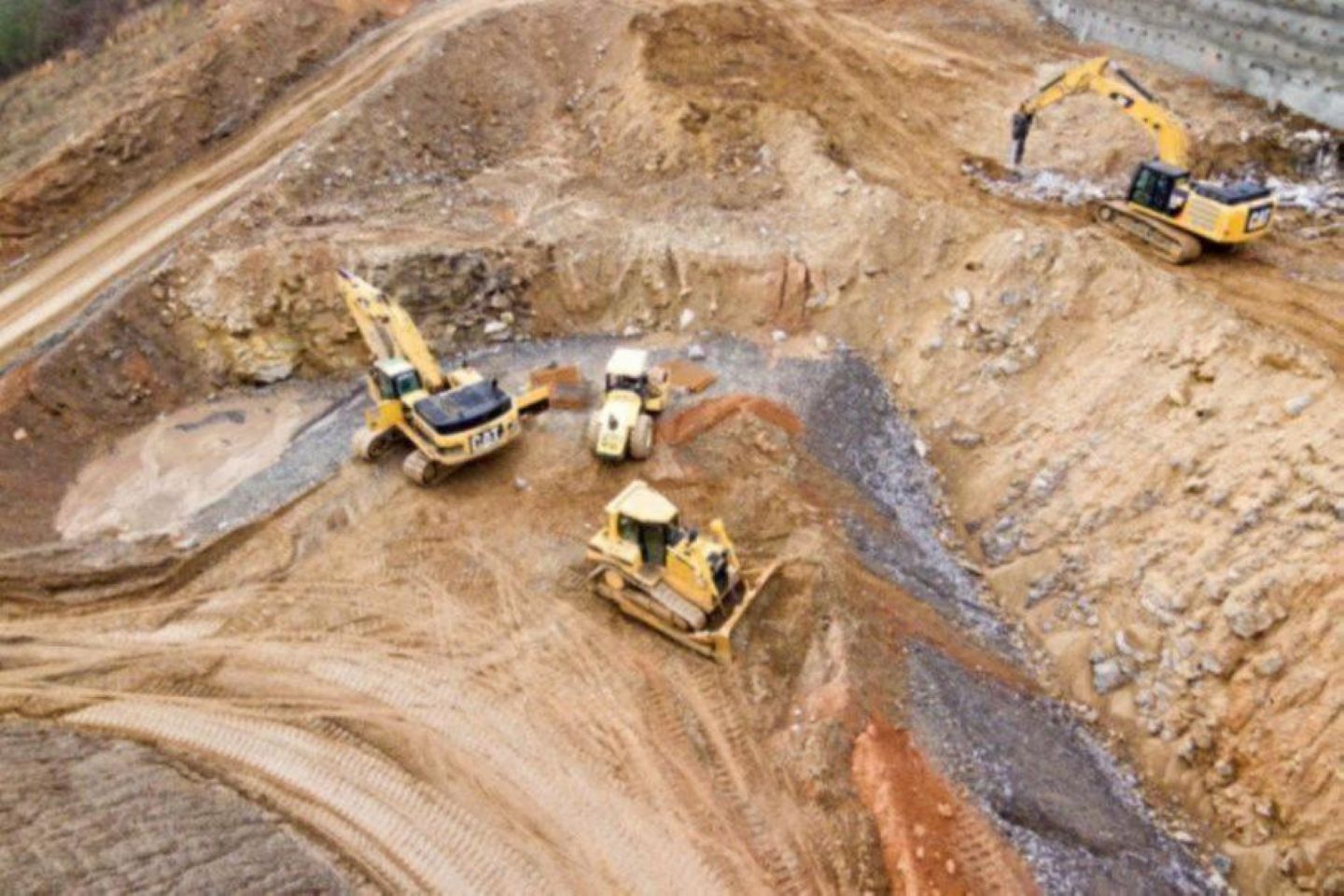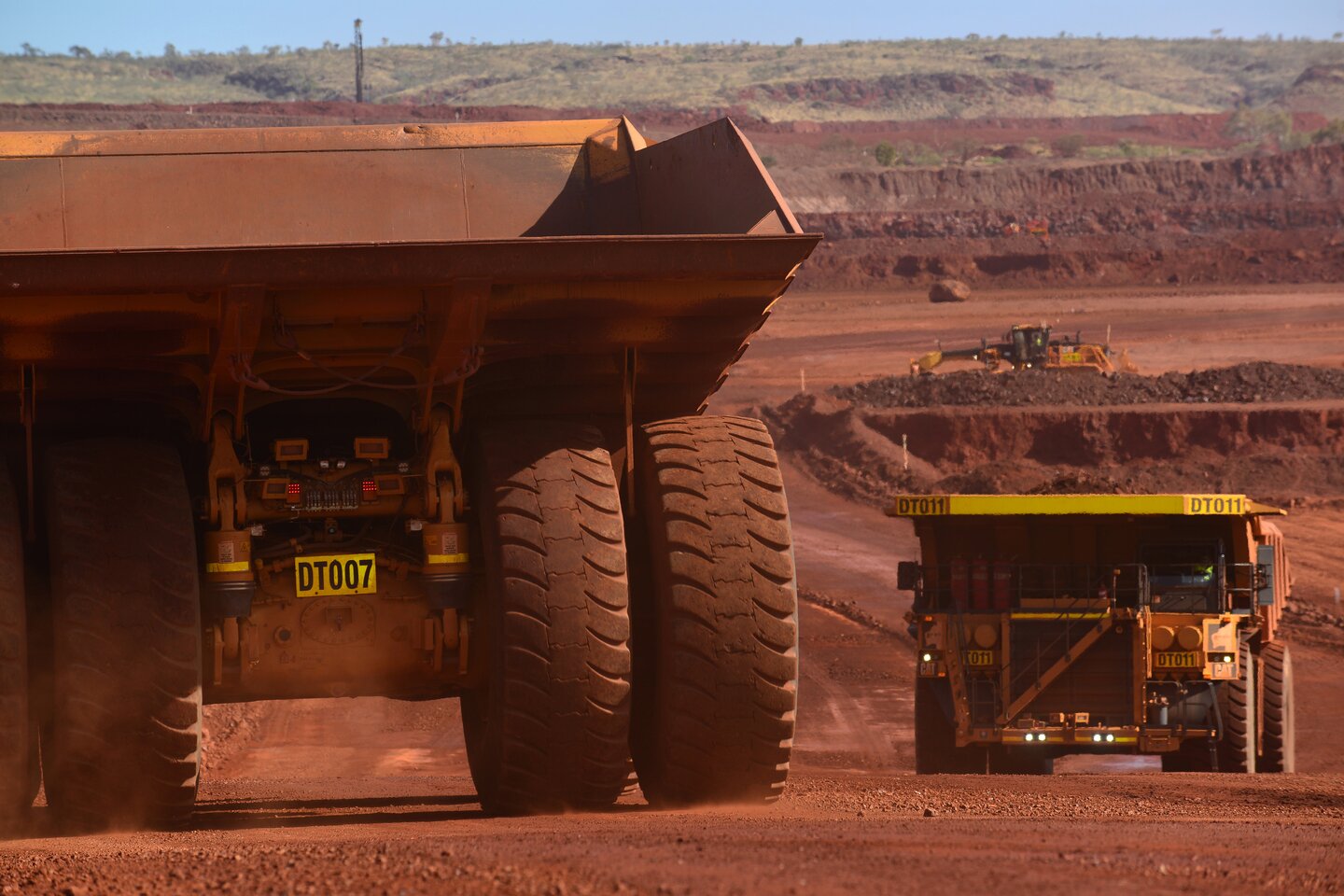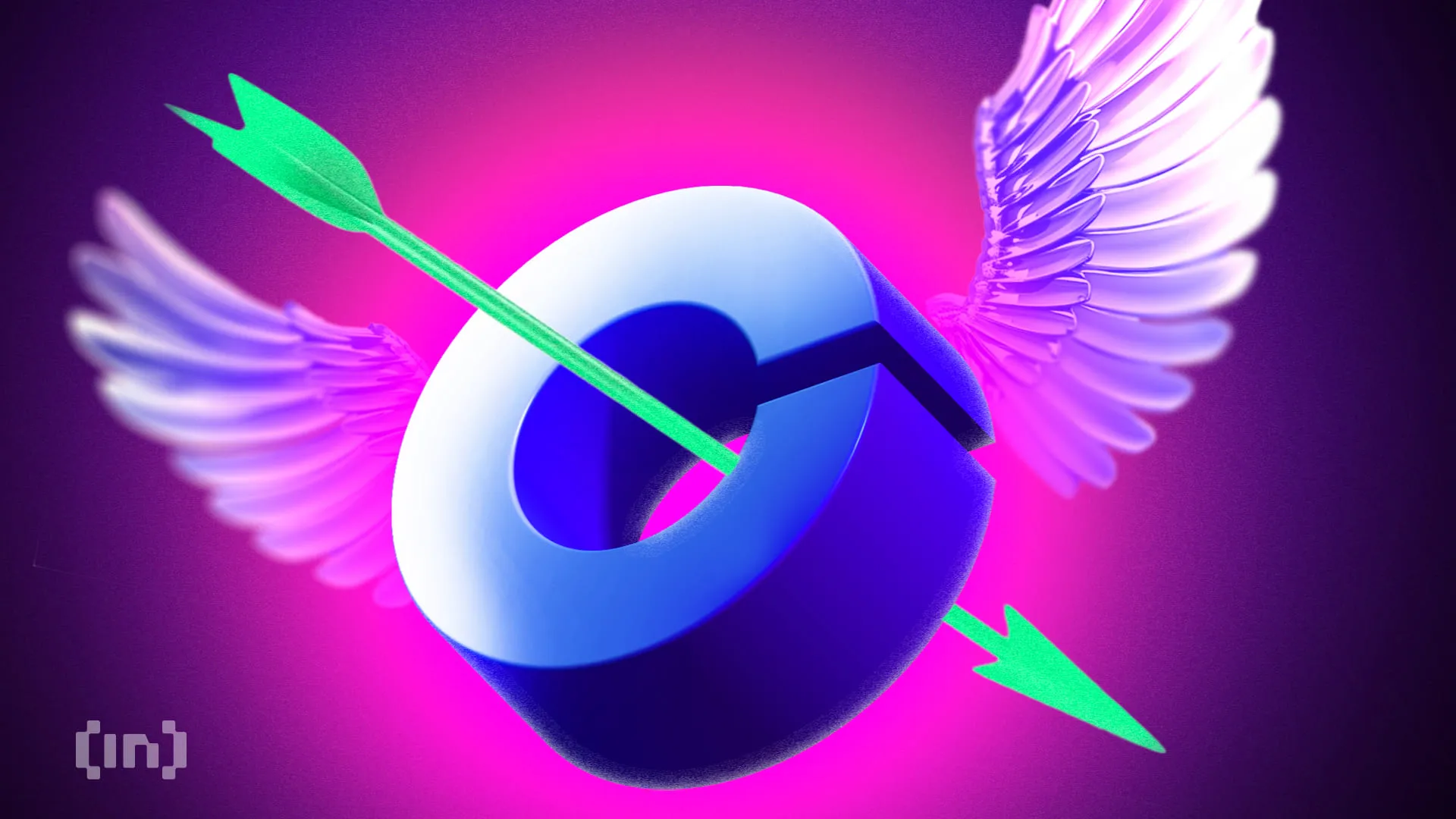Anthony Cuccione is a Toronto-based Health and Safety Manager with a passion for workplace safety and fostering positive change in the construction industry.
Born and raised in Woodbridge, Ontario, Anthony grew up playing house league soccer and hockey, which nurtured his team-oriented mindset and love for sports.
A graduate of Holy Cross Catholic Academy (2004) and York University (2010), where he earned an Honours Bachelor of Arts degree, Anthony’s career journey is a testament to perseverance and adaptability. Starting in construction health and safety without prior experience, he rose to a senior position by prioritizing continuous learning, building trust, and seeking feedback from peers.
Anthony Cuccione is deeply committed to his community, regularly donating blood and supporting organizations like the Canadian Cancer Society, Sick Kids Hospital, and the Heart and Stroke Foundation. In his free time, he enjoys sports, reading, and movies, crediting his personal and professional growth to self-reflection and the unwavering support of family and friends.
Driven by a desire to create the greatest good for the greatest number of people, Anthony exemplifies leadership through integrity, empathy, and dedication to making a meaningful impact.
Can you tell us about your journey into construction health and safety? What inspired you to pursue this career?
My journey into construction health and safety was unconventional. I started with no prior experience in this field, which was intimidating at first. But what inspired me was the opportunity to make a real difference. Construction is inherently high-risk, and ensuring the safety of workers felt like a purpose-driven mission. I embraced the challenge by asking questions, learning from experienced professionals, and building my knowledge. Over time, this role became more than a job; it’s a way for me to contribute to creating safer, more efficient workplaces.
You’ve mentioned that you quickly became one of the most senior members of your company. What do you think contributed to your rapid growth?
A few factors played a role. First, my commitment to continuous learning. I made it a habit to ask questions and seek advice from those with more experience. Second, building trust was essential—whether it was with colleagues or clients, trust creates collaboration and mutual respect. Lastly, my ability to self-reflect and adjust based on peer feedback helped me refine my approach and stay focused on long-term goals. Perseverance and support from my family and friends were also key.
How do you approach workplace challenges that arise in health and safety?
I document the issues first and weigh the pros and cons of potential solutions. Collaboration is critical, so I engage the team in discussions to consider different perspectives. I also make it a point to stay calm and methodical. Challenges are an opportunity to learn and improve processes, and that mindset keeps me motivated. Seeking advice from trusted peers and mentors also helps provide clarity and direction.
What role do people skills play in your profession?
People skills are everything in my line of work. To create effective safety programs, you need to connect with workers, managers, and clients. Building trust is at the core of this. You need to show empathy, communicate clearly, and actively listen. When people feel respected and understood, they’re more likely to collaborate and take safety seriously. Developing strong relationships has been one of the most rewarding aspects of my career.
How do you balance professional responsibilities with your personal values?
I strive to align my work with my values, such as creating the greatest good for the greatest number of people. Whether it’s ensuring safety on a job site or supporting my community through blood donations and charitable contributions, I approach both with the same mindset. Maintaining balance also involves self-reflection and setting boundaries to ensure I don’t lose sight of what truly matters—family, friends, and making a positive impact.
You’re an active philanthropist and avid blood donor. What drives your passion for giving back?
Growing up, my parents instilled the importance of helping others whenever possible. I’ve carried that lesson with me throughout my life. Giving back is my way of expressing gratitude for the opportunities I’ve had. Supporting organizations like the Canadian Cancer Society, Sick Kids Hospital, and the Heart and Stroke Foundation feels especially meaningful because their work touches so many lives. Blood donation, in particular, is something anyone can do to make an immediate and life-saving impact.
Can you share a time when self-reflection led to a significant change in your approach?
There was a period early in my career when I realized I was focusing too much on technical knowledge and not enough on interpersonal relationships. Through self-reflection, I recognized that connecting with people was just as important as understanding regulations or safety protocols. Since then, I’ve prioritized empathy and collaboration, which has significantly improved both my relationships and my ability to lead effectively.
What advice would you give to someone starting out in a field they have no prior experience in?
My biggest piece of advice is to embrace being a beginner. Don’t shy away from asking questions—it shows initiative and a willingness to learn. Build trust by being reliable and honest. Also, set achievable goals for yourself and celebrate small wins along the way. Lastly, find mentors who can guide you and offer constructive feedback. Their insights can accelerate your growth and help you avoid common pitfalls.
How do you stay motivated and continually improve in your field?
I stay motivated by focusing on the impact my work has on others. Knowing that I’m helping create safer environments gives me a sense of purpose. To continually improve, I prioritize learning—whether it’s through professional development courses, reading industry publications, or seeking feedback from peers. I also make time for hobbies like sports, reading, and watching movies, which help me recharge and approach my work with fresh perspectives.
What do you hope your legacy will be in the construction industry and beyond?
I hope to be remembered as someone who made a meaningful impact by prioritizing safety and fostering trust. I want to leave behind a legacy of effective systems and practices that make workplaces safer for everyone. Beyond my professional life, I hope my community efforts—whether through philanthropy or mentoring—will inspire others to give back and make a difference. Ultimately, I want to be known as someone who cared deeply and acted with integrity.









Leave a Comment